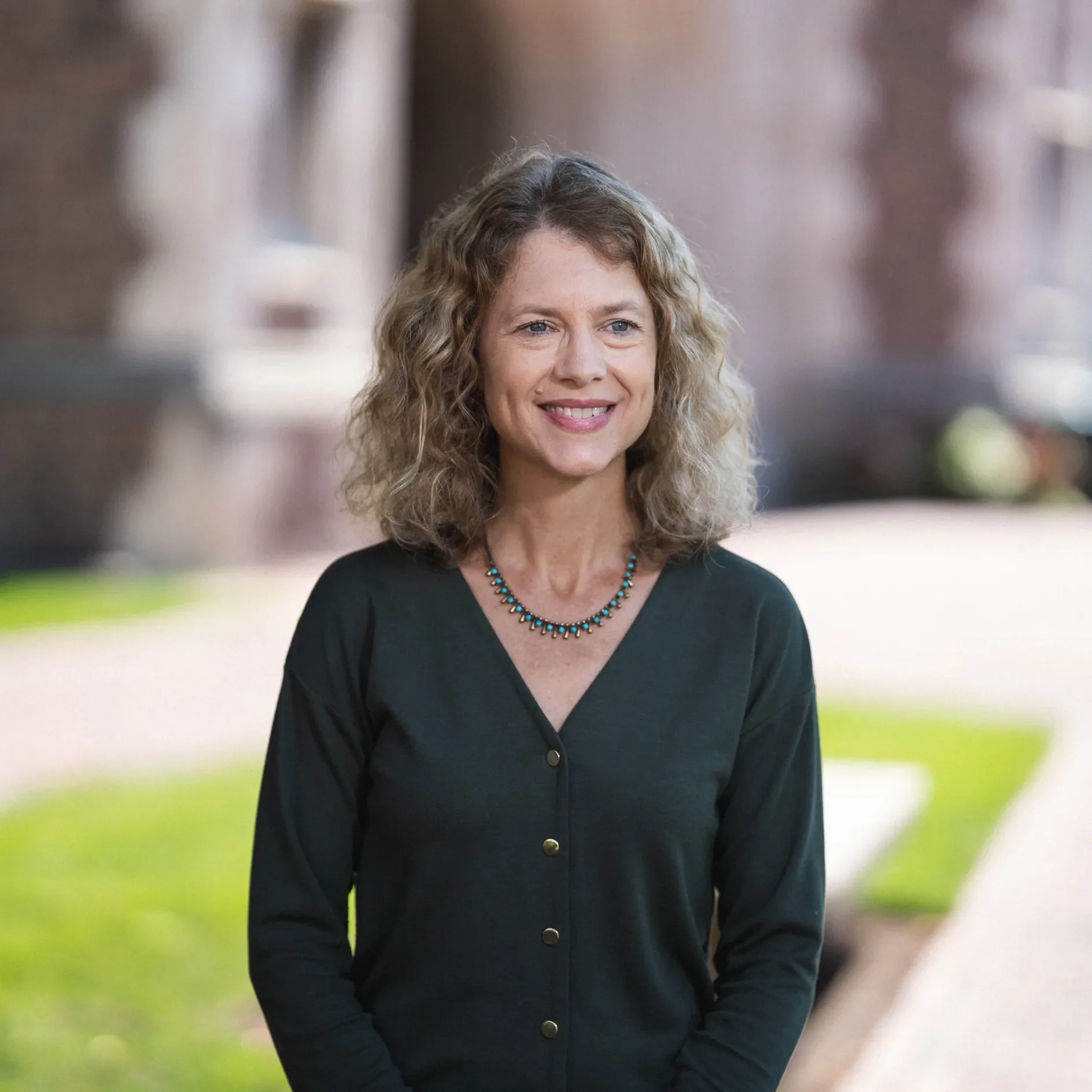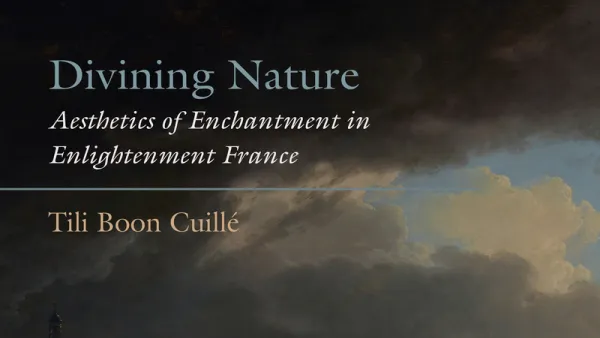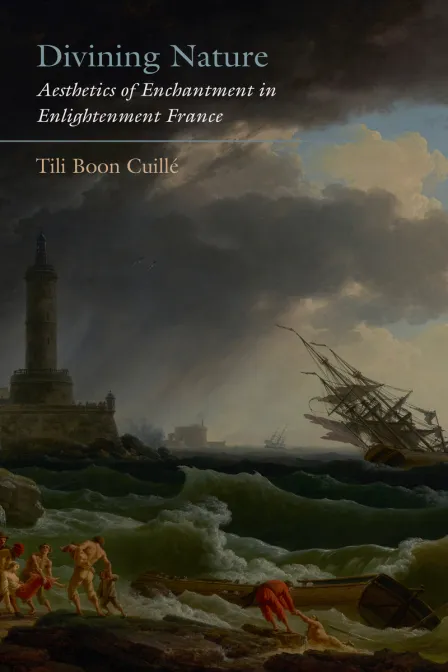Tili Boon Cuillé's teaching and research focus on eighteenth-century French literature, philosophy, and aesthetics, particularly the debates about the musical, visual, and performing arts.
Tili Boon Cuillé is the author of Divining Nature: Aesthetics of Enchantment in Enlightenment France (Stanford, 2021), made possible in part by a grant from the National Endowment for the Humanities: Exploring the human endeavor, and of Narrative Interludes: Musical Tableaux in Eighteenth-Century French Texts (Toronto, 2006). She is co-editor of Staël’s Philosophy of the Passions: Sensibility, Society, and the Sister Arts (Bucknell, 2013) and of a special issue on “Passion, Perception, and Performance" for Philological Quarterly. She has published articles on natural history, opera, painting, and the novel in Eighteenth-Century Studies, Eighteenth-Century Fiction, Studies in Eighteenth-Century Culture, Diderot Studies, Symposium Opera Quarterly, and European Romantic Review, among others. She was a Faculty Fellow at the Center for the Humanities on the subject of “Affect” and participated in the Folger Workshop on “The Languages of Nature: Science, Literature, and the Imagination,” the Bloomington Eighteenth-Century Studies Workshops on “The Magical Eighteenth Century” and “Falsehood, Forgeries, Fraud: The Fake Eighteenth-Century,” the NEH summer seminar at Princeton University on “Opera: Interpretation Between Disciplines,” and the summer seminar at the Obermann Center for Advanced Studies on “Opera in Context: Interdisciplinary Approaches to Creation, Performance, and Reception.” Her recent interests include the history of science, the history of emotion, material culture, and book illustration. She is currently investigating the impact of Antoine Galland’s transcreation of the Mille et une nuits at the beginning of the eighteenth century on French literary, material, and print culture with a focus on the circulation of magical objects across borders, disciplines, and media.
In Professor Cuillé’s graduate and undergraduate seminars, students are invited to investigate French literature and the arts from the vantage of philosophy, aesthetics, literary theory, and cultural studies. Recent topics include economies of desire, the science of sensibility, self-fashioning, and science fiction. She offers inter-arts courses that span the Enlightenment through Modernity on the themes of cultural constructs, transmediation, and virtual reality. She has also taught opera studies courses for the Interdisciplinary Project in the Humanities and the Summer Humanities Institute. Professor Cuillé strives to place the students in the position of spectator, critic, or consumer by extending the classroom to include exhibitions and performances. She also co-convenes the Eighteenth-Century Interdisciplinary Salon.
Divining Enlightenment Art and Science
The Salon: Structuring the Art of Conversation


